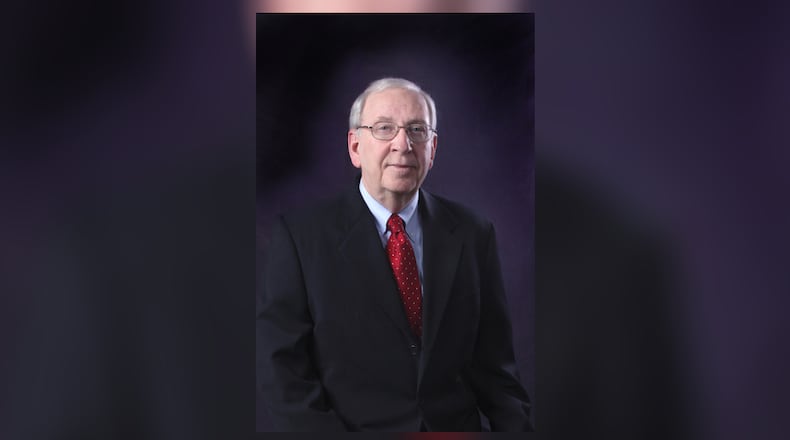Black Americans face a disparity in wealth, adverse birth outcomes and general medical care. They face higher rates of incarceration, discrimination in real estate, financial transactions, and employment. Educational outcomes are worse, and schools remain segregated. Black people are underrepresented in almost every aspect of leadership in our society. Why? Racism.
The civil rights movement fought indifference and terror. Swastikas and the KKK are the enduring legacy of racism as a current political force. A Brookings Institute report found systemic racism the most important issue in the United States. The CDC defines racism as a driver of health issues for Black Americans. The American Civil Liberties Union has said “to end systemic racism, ensure systemic equality.”
A Fall 2021 USA Today poll found: “63% of parents want their children to learn about the ongoing effects of slavery and racism in schools.”
Critical Race Theory examines American history and the continuing legacy of racism. Primarily taught in graduate and law schools, most teachers do not teach it in public grade schools. The right has defined this fight. Rashawn Ray of Brookings has written: “CRT does not blame white people living today for what people did in the past. It argues white people living now have a moral responsibility to do something about how racism still impacts all of our lives today.” CRT should not be an excuse to eliminate teaching about American slavery and racism.
Ohio 322 and Ohio 327 are political censorship. Ohio 322 prohibits teaching that government facilitated and protected slavery. It did. The 3/5ths rule in the Constitution, the Fugitive Slave Acts and lynching are the historical record. The Supreme Court ruling that Black people had no rights that whites had to respect helped bring on the Civil War. Ohio 327 applies this prohibition to colleges, universities and governments. This legislatively mandated amnesia will not further education nor the progress of racial equality. As historian Ibram Kendi says, “the very heartbeat of racism is denial.”
Constitutional scholars Laurence Tribe, Akhil Reed Amar, and Erwin Chemerinsky have documented the failings of the Supreme Court in the last seventy years where race was a factor. Adam Cohen, in Supreme Inequality, narrates the Court’s failure to do justice for all. Chemerinsky’s book Presumed Guilty disabuses anyone of a claim that there has been progress in racial justice. The Color of Law by Richard Rothstein traces endemic segregation in our cities to government policies that continue today.
In Shelby County v. Holder, the Supreme Court gutted the Voting Rights Act, which prohibited discrimination in voting regulations in the states. Now, Republican legislators are busy reenacting the Mississippi Plan, which destroyed Black voting rights in the South until the Voting Rights Act. A study of the history of American racism might help us keep the last, best hope from disappearing.
I came to Dayton to be closer to my grandchildren. They are my joy and they are resilient enough to hear the truth and process it for good. My experiences as a soldier, a trial lawyer, teacher and business owner inform this opinion.
David Madden is a retired trial attorney, a mentor at the University of Dayton Law School and a spokesperson for the ACLU. He was an Infantry platoon leader and LTC in the JAG Corps. His book The Constitution and American Racism was published by McFarland Press in 2020.
About the Author
